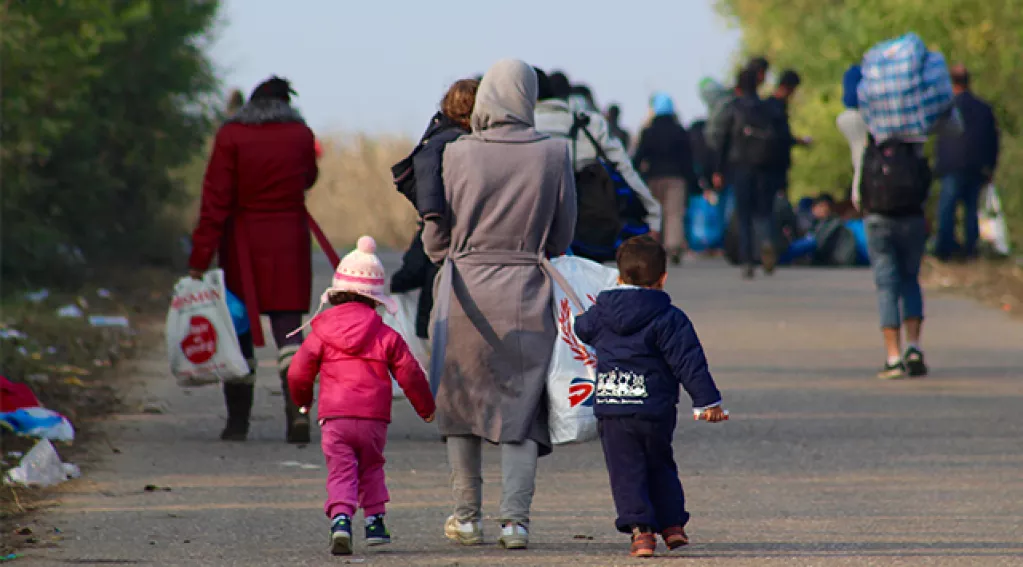Mainstream Media Raises Concerns about Impact of Growing Number of Asylum Cases (on Mexico)

The flood of migrants and the growing backlog of asylum cases clogging up courts and straining social services has many American media outlets and the chattering class concerned.
Just to be clear, none of that angst is directed toward the overwhelmed American legal system, which has nearly a million backlogged asylum cases pending, or the costs being borne by American taxpayers. But they are very worried about how it is affecting Mexico. Policies implemented by the Trump administration that require current asylum seekers to remain in Mexico while their claims are being considered, and one that requires future migrants to ask for asylum in the first safe country they arrive in, “means Mexico may see a staggering increase in the number of asylum claims, a difficult situation given how many migrants are already straining that country’s asylum system,” reported National Public Radio (NPR).
Those concerns are, of course, legitimate. As reporter Carrie Kahn noted, “Detention facilities in [Mexico] are overcrowded…They’re ill-equipped for such large numbers now.” Oddly, media outlets like NPR never expressed similar concerns about how the exponential growth of asylum-seekers (most pressing bogus claims) is affecting the United States and communities on our side of the border.
All Things Considered host Mary Louise Kelly was quick to point out that U.S. policies are to blame for the growing burdens on Mexico. “This week’s ruling by the U.S. Supreme Court upholding President Trump’s [requirement that asylum seekers request protection in the first safe country they pass through] puts Mexico in a difficult position,” Kelly worried. “That means Mexico may see a staggering increase in the number of asylum claims, a difficult situation given how many migrants are already straining that country’s asylum system.”
Kelly has a point. U.S. asylum policies are at the root of the problem, just not the one she blamed. Rather, our ridiculously low bar for establishing a “credible fear” (which gets you into the country), and a judicial ruling that limits detention of families with children to just 20days, are what sparked the surge of migrants making their way across Mexico.These are policies that Congress could easily fix, but won’t, requiring the administration to take action to curb the abuse. Kelly might also have pointed out that until Mexico was pressured, under threat of tariffs, into doing more to secure its own southern border, it seemed quite content to allow hundreds of thousands of migrants to make their way to the U.S. border.
In reality, the impact on Mexico may not be as dire as NPRand other pundits worry. Since the vast majority of the people claiming asylum are really economic migrants seeking greener pastures in the United States, the new barriers aimed at preventing them from making fraudulent asylum claims will likely result in dramatic decreases in the number of people entering Mexico illegally.
These policies will also convince many who are stuck in Mexico to return home. An August article in The Texas Observer, by Gus Bova, confirmed that the goal of most migrants is simply to get to United States so they can work. The Migrant Protection Protocol (which requires asylum seekers to wait in Mexico) “is successfully convincing many migrants stranded in Matamoros to abandon their dream of reaching the United States. Multiple parents with kids from Central America’s Northern Triangle told me they were thinking of going home. Some said they’d never actually wanted asylum at all, but just to live and work in the United States for a time.”
The good news is that Central American migrants heading home should allay the concerns of media outlets and others who worry that the flood of migrants is too much for Mexico to handle. The bad news – for them, and others who believe that there are no limits on what the United States can handle – is that they will lose a political wedge to permanently pry openAmerica’s borders.

